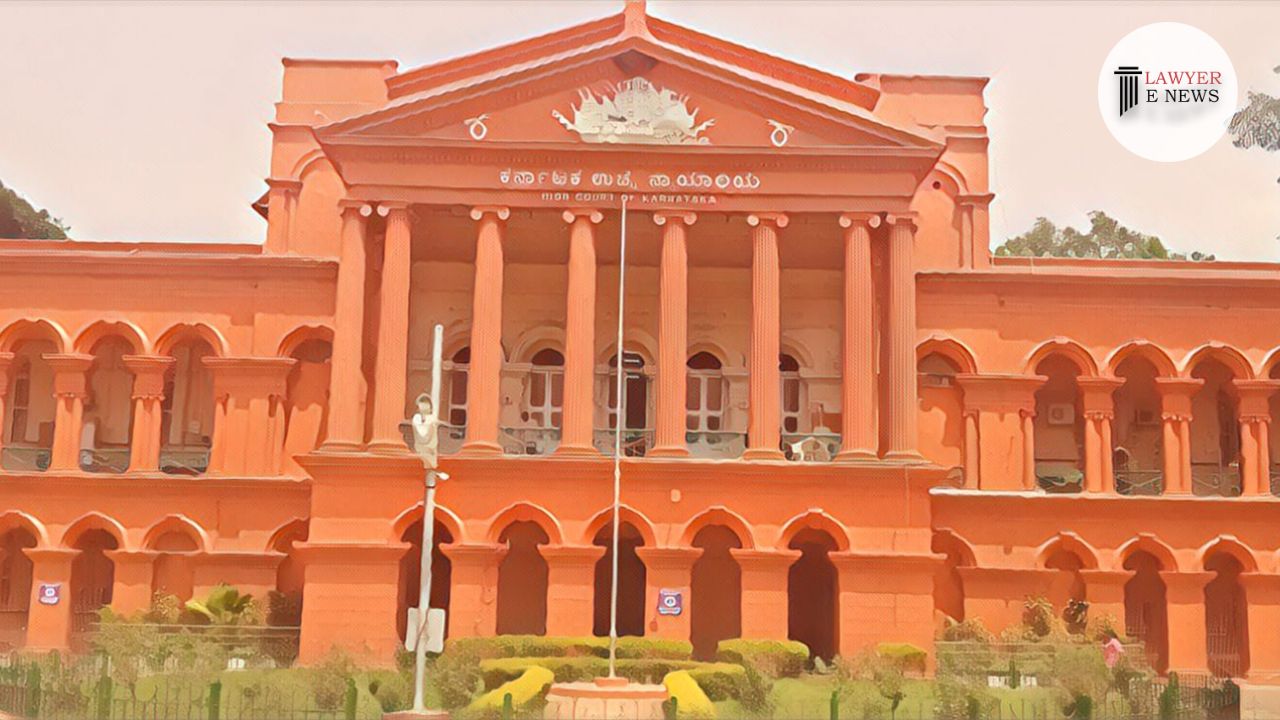-
by Admin
16 February 2026 1:47 PM



In a recent judgement that underscores the necessity for corroborative evidence in criminal proceedings, the Karnataka High Court dismissed an appeal by the State against the acquittal of individuals accused of a chain snatching incident. The case, pertaining to an incident dating back to February 8, 2012, involved the alleged robbery of a Mangalya Chain.
The two-judge bench, comprising Justice Sreenivas Harish Kumar and Justice Vijaykumar A. Patil, emphasized the lack of corroborative evidence and highlighted significant discrepancies in the witness testimonies, leading to the dismissal of the appeal.
In their judgement, the bench noted, "There are material discrepancies and contradictions in the evidence adduced by the prosecution and no independent witnesses have been examined by the prosecution to corroborate with the mahazar witnesses."
The case, originally tried in the Sessions Court, involved the prosecution presenting several witnesses (PW-1 to PW-11) and 74 documents (Exs.P-1 to P-74). However, the Sessions Court found the prosecution's evidence and witness testimonies unreliable, leading to the acquittal of the accused.
The High Court, in its examination, found that the complainant's (PW-1) testimony was fraught with inconsistencies, particularly concerning the identification of the accused. The court highlighted the failure of the police to conduct an identification parade, which cast further doubts on the identification process.
Additionally, the testimonies of other witnesses, such as PW-2, PW-3, PW-5, and PW-7, were found to be contradictory, particularly in relation to the recovery of the stolen items and the identification of the accused.
In its conclusion, the bench observed, "There is no reason to disbelieve the reasoning adopted by the Sessions Court and the finding recorded by the Sessions Court is neither contrary to the evidence on record nor perverse, calling for interference in the appeal filed by the State against the impugned judgment of acquittal."
Date of Decision: 22 January 2024
State of Karnataka By Subramanyapura Police Station VS Imran @ Mady Irfan
